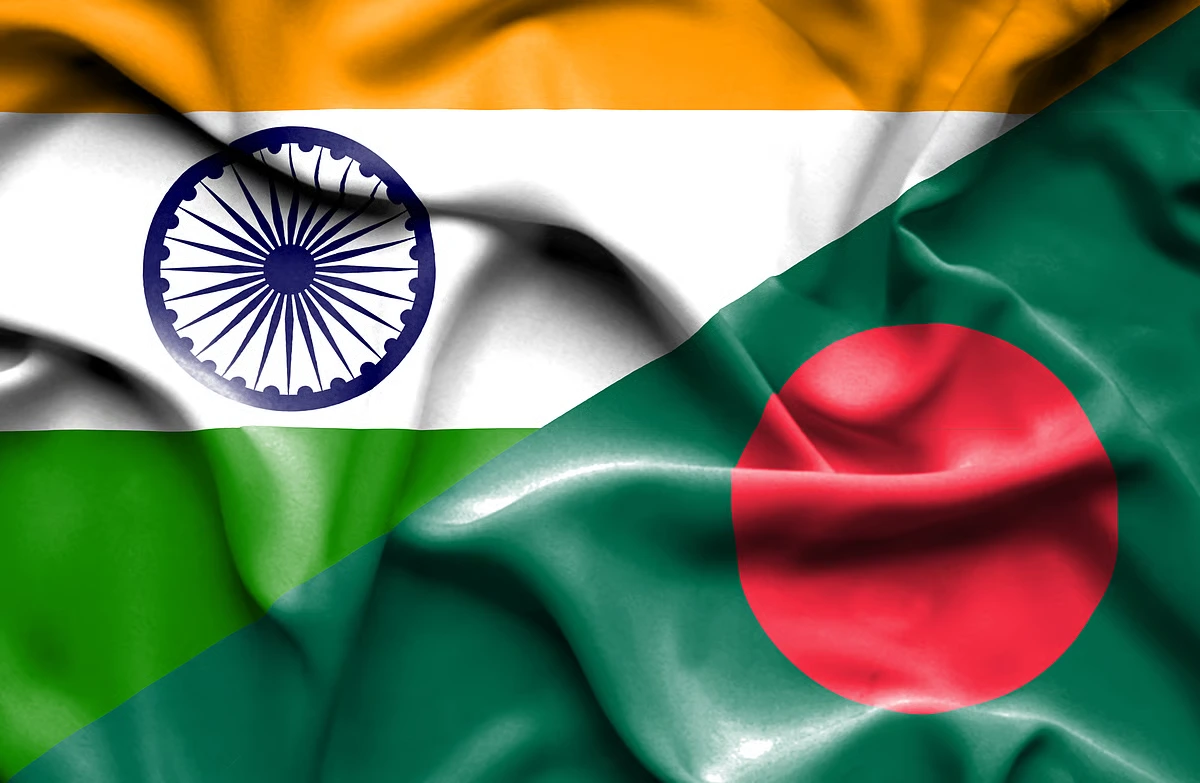In a move that has surprised many in the defence and diplomatic community, The deal, which was signed last year, involved the design, construction, and delivery of an advanced ocean-going tug for the Bangladesh Navy. The vessel, measuring 61 metres and equipped for multiple naval operations, was scheduled to be delivered within two years.
This sudden cancellation comes at a time when the relationship between India and Bangladesh is facing new challenges, raising concerns about the future of defence cooperation between the two neighbouring countries.
Changing Political Winds in Dhaka
The decision to cancel the GRSE contract is closely linked to recent political changes in Bangladesh. After the departure of former Prime Minister Sheikh Hasina, a new interim government led by Muhammad Yunus has taken charge. This administration has made some notable shifts in foreign policy, moving away from India and strengthening ties with China.
In recent months, Bangladesh has signed agreements worth over $2 billion with Beijing, signalling a clear change in diplomatic direction. This shift has not gone unnoticed in India. The cancelled shipbuilding deal was the first major defence contract under India’s $500-million line of credit to Bangladesh, which was meant to support the modernisation of Bangladesh’s defence forces with Indian technology and expertise. The timing of the cancellation, soon after Bangladesh’s new government began warming up to China, suggests that strategic priorities in Dhaka are changing.
Impact on Defence and Trade Relations
The cancellation of the GRSE order is more than just a financial setback for the Kolkata-based shipyard, which already has a healthy order book worth over Rs 22,000 crore. For India, it is a symbolic blow to its efforts to build closer defence ties with Bangladesh and counter China’s growing influence in the region. The deal was seen as a stepping stone for more collaboration, especially after Bangladesh had earlier purchased submarines from China.
This development also comes amid rising trade tensions between the two countries. India recently imposed import restrictions on Bangladeshi goods worth about $770 million, affecting a significant portion of bilateral trade. Bangladesh, on its part, has put curbs on Indian goods and introduced new transit fees for Indian cargo passing through its territory. These actions have added to the strain in the relationship, making it more difficult for both sides to find common ground.
Strategic experts believe that the presence of anti-India voices in Bangladesh’s new government, along with the country’s growing closeness to China, could further complicate matters. There is concern in New Delhi that Bangladesh may continue to move away from Indian defence suppliers and look more towards Chinese technology and support.
For GRSE, the financial impact of losing this contract is limited, as it represents a small fraction of the company’s overall business. However, the bigger concern is the message it sends to other potential buyers in the region, who may now see Bangladesh’s actions as a sign of shifting alliances and uncertain partnerships.
Looking ahead, the future of India-Bangladesh defence cooperation remains uncertain. While both sides have benefited from working together in the past, current developments suggest that the relationship is entering a period of turbulence. India’s defence industry is expected to focus more on domestic projects and other export opportunities, while keeping a close watch on the evolving political and strategic landscape in Dhaka.


